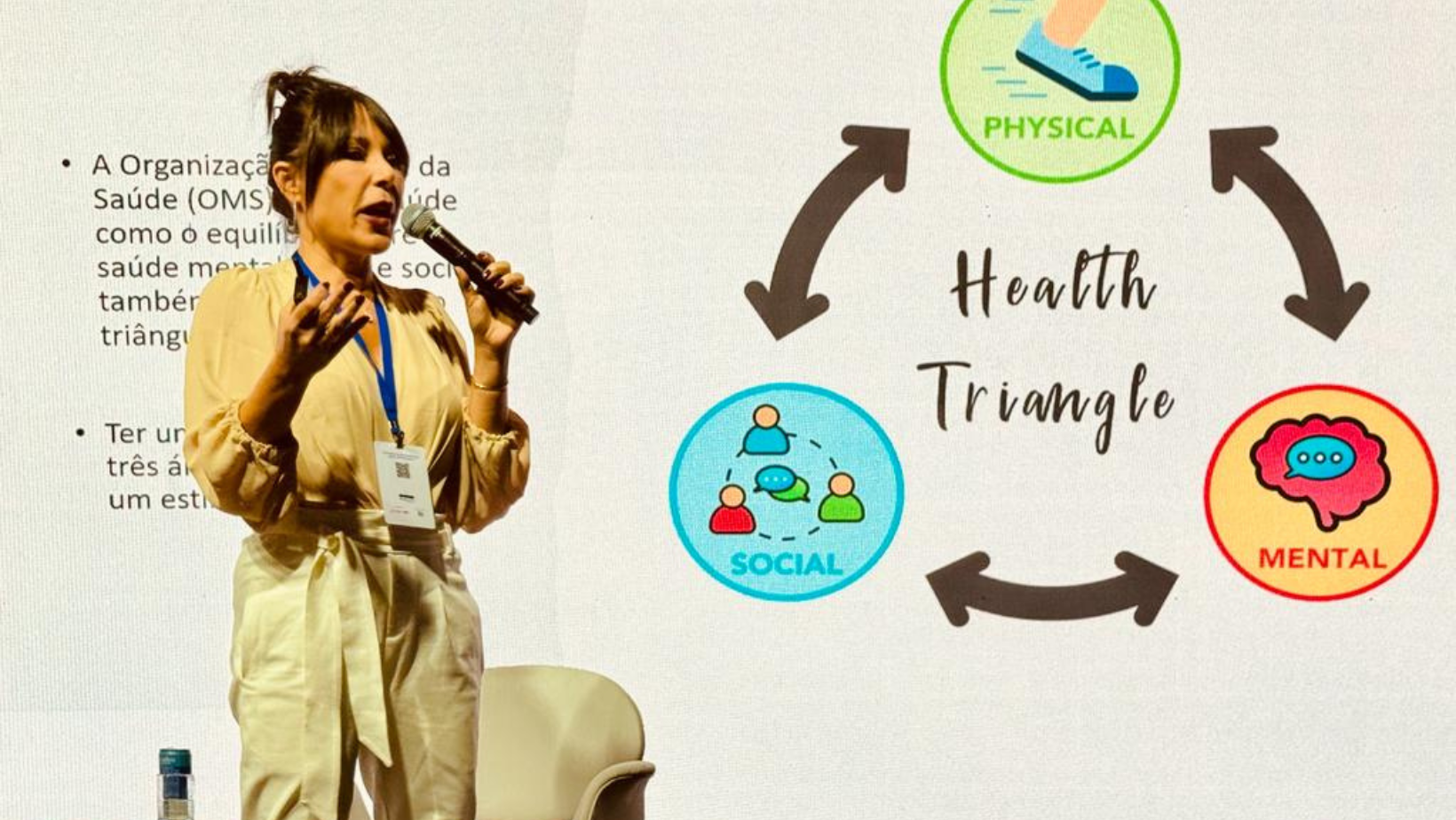Telma Abrahão launches pioneering training to qualify healthcare professionals in Brazil, combining science and clinical practice in a new vision of comprehensive health
Recent studies show that trauma and adverse experiences in childhood can be decisive factors in the development of chronic diseases such as depression, diabetes, drug addiction and obesity. This new understanding of the impacts of trauma on the body and mind brings to light an urgent need: to train professionals capable of identifying these factors early and intervening effectively.
To fill this gap in Brazil, biomedical scientist and specialist in neuroscience, psychoneuroimmunology and child development, Telma Abrahão, is launching, on November 21, a pioneering postgraduate course in Neuroscience, Trauma and Mental Health. Founder of UniNeuroconsciente, Telma structured the course to offer a scientific and practical vision of the relationship between emotional and physical health, training doctors, psychologists, educators and other professionals to act preventively and with a comprehensive vision in their fields.
“The proposal is to integrate knowledge about the impact of trauma on neurodevelopment and other systems, such as the immune system, with evidence-based intervention practices, in order to train professionals to act both in the prevention and treatment of the effects of trauma,” explains Telma Abrahão. The postgraduate course aims to promote a more comprehensive and humanized view of patients and the origin of many diseases, addressing complex adult health problems from their roots.
With classes taught by international experts, such as the renowned Gabor Maté, the course will offer knowledge that covers everything from the emotional state to the immune system, providing a comprehensive view of health. This approach represents a milestone for healthcare in Brazil, offering professionals training capable of transforming care and inspiring public policies, expanding the outlook for more preventive and effective medicine.





